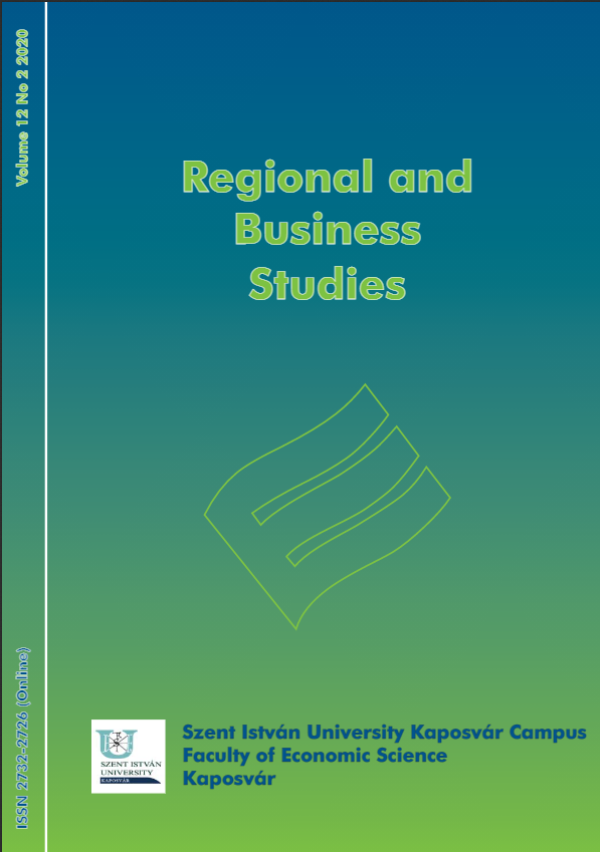The Effects of Wine Regions on the Profitability of the Hungarian Winers
DOI:
https://doi.org/10.33568/rbs.2520Keywords:
wine sector, wine region, dupont analysis, profit margin, asset productivityAbstract
The aim of our research is to analyse the profitability and efficiency performance of different Hungarian wine regions. In our study, we make the initial assumption that wine regions function as a separate agglomeration zone, an industry cluster in the life of wineries. Consequently, it makes sense to evaluate profitability and efficiency not at the corporate level but at the wine region level. In the study, we used the DuPont scorecard system, which is now preferred by companies for planning and control purposes. According to the results of the 2017 large wine test, we divided the Hungarian wine regions into four groups, and in the case of wineries that cannot be classified as wine regions, we created two more groups. Our results are consistent with the theory of agglomeration zones and industrial clusters. In winemaking, it can also be demonstrated that wine regions, which can be considered as a special industrial cluster, have a significant impact on the economic performance of wineries.
Downloads
Published
Issue
Section
License
Copyright (c) 2020 The Authors

This work is licensed under a Creative Commons Attribution-NonCommercial-NoDerivatives 4.0 International License.





